With an AQI of 115, Hanoi 's air is at the orange level "unhealthy for sensitive groups." In Hanoi, the measuring station in Tay Ho ward recorded the highest AQI, at 153, red "unhealthy."
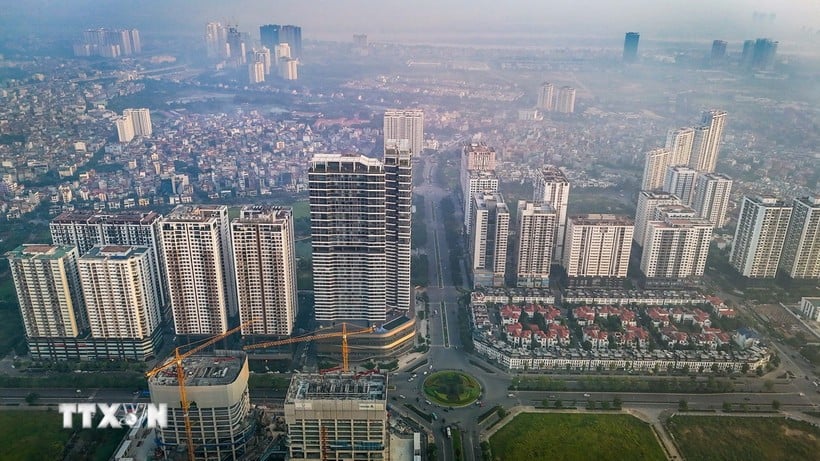
According to the IQAir air monitoring system, at 7:30 am on July 5, 2025, Hanoi ranked 14th in the list of 126 polluted cities in the world .
specifically, with an AQI index of 115, Hanoi's air quality is at the orange level "not good for sensitive groups."
In Hanoi, the measuring station in Tay Ho ward recorded the highest AQI index, at 153, the "unhealthy" red.
Ho Chi Minh City is in the group with air quality at the green level "Good," with an AQI of 57, ranking 54th.
This figure will vary by time and time zone, as other cities around the world enter their peak hours and traffic and manufacturing activity peak.
Also at this time, the city with the best air quality among the 126 locations tracked by IQAir was Dublin, Ireland, which was a green "Good," at 17.
In Vietnam, according to VN Air - an application providing information on air quality on smartphones developed by the Ministry of Natural Resources and Environment, the most polluted area in the country as of 7:30 am on July 5 was Dong Hai commune (Tra Vinh province) with an AQI index of 131, orange "not good for sensitive groups."
Also according to VN Air, the best air quality index in the country belongs to Dong Phu commune (Binh Phuoc province) with a green air quality index, at level 9 - Good.
AQI is an air quality monitoring index ranging from 0-500, the higher the index, the higher the level of pollution and the higher the impact on health.
VN Air is an application researched and developed by the Northern Environmental Monitoring Center under the Department of Environment - Ministry of Agriculture and Environment.
VN Air uses data sources exploited from monitoring results of automatic continuous air environment monitoring stations managed by the Department of Environment and environmental monitoring stations managed by local Departments of Agriculture and Environment.
Regularly updating the air quality index will help people respond promptly when air quality declines, such as minimizing outdoor activities, limiting opening doors, using masks that can limit the effects of pollutants in the air, using air purifiers, etc.
The Department of Environment recommends that people regularly monitor air quality to proactively limit the impact caused by air pollution.
The Department of Health Environment Management (Ministry of Health) recommends that when the air quality index is at a very poor level (201-300), normal people should avoid outdoor activities for long periods of time or participate in strenuous physical activities; encourages indoor activities; and avoid activities in areas with high risk of air pollution.
If you have to work in areas with a high risk of pollution, you should use masks that can prevent fine dust; if you have to participate in traffic, you should increase the use of public transport and limit the use of motorbikes and bicycles to reduce exposure to polluted air.
At the same time, limit opening windows and doors during times of heavy air pollution; clean your nose and gargle with saline morning and night, especially after going out; wash your eyes with saline in the evening before going to bed.
For sensitive people, it is necessary to avoid all outdoor activities, switch to indoor activities or change to another day when the air quality index is better; limit opening windows and doors during times of heavy air pollution./.
Source: https://baolangson.vn/tinh-hinh-khong-khi-sang-5-7-ha-noi-o-muc-khong-tot-cho-nhom-nhay-cam-5052284.html
















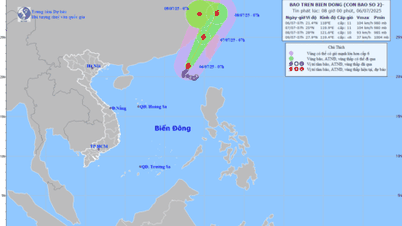






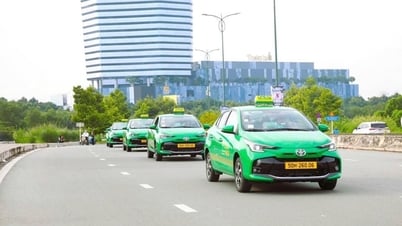


























































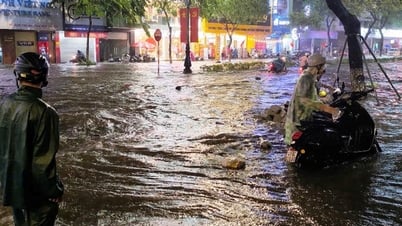


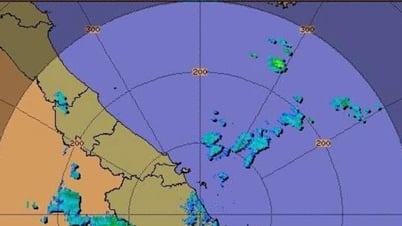




![[OCOP REVIEW] Bay Quyen sticky rice cake: A hometown specialty that has reached new heights thanks to its brand reputation](https://vphoto.vietnam.vn/thumb/402x226/vietnam/resource/IMAGE/2025/7/3/1a7e35c028bf46199ee1ec6b3ba0069e)




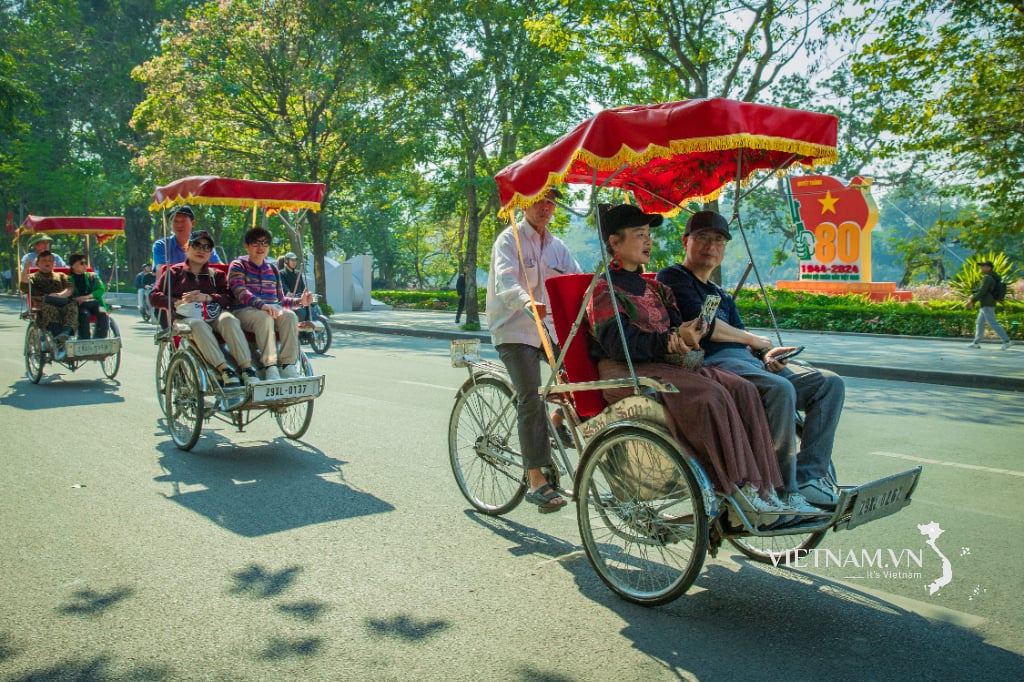


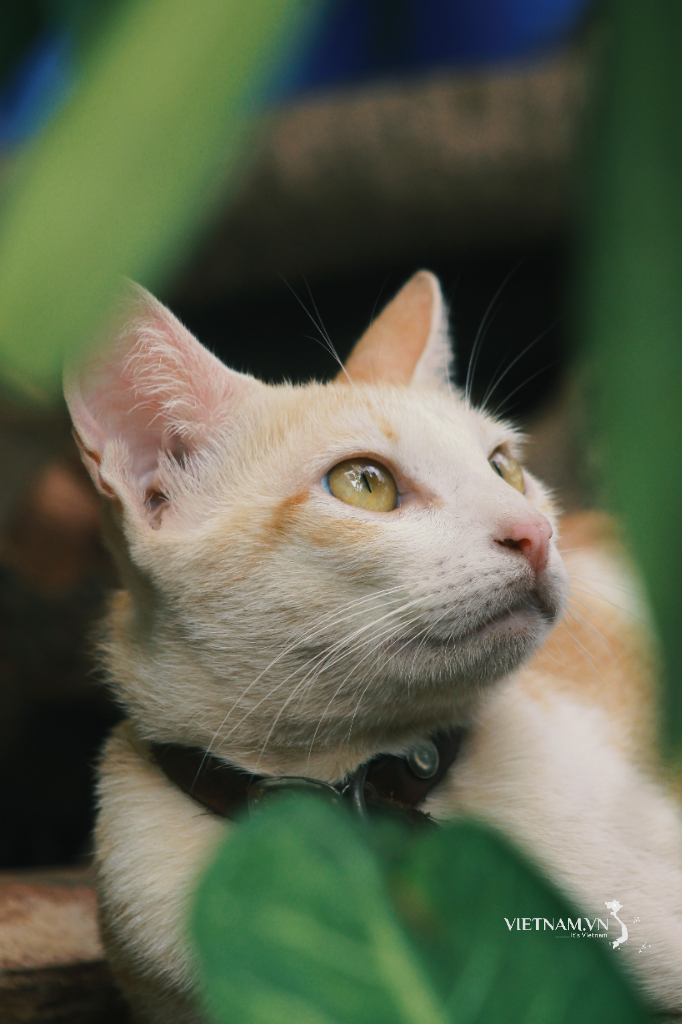
Comment (0)